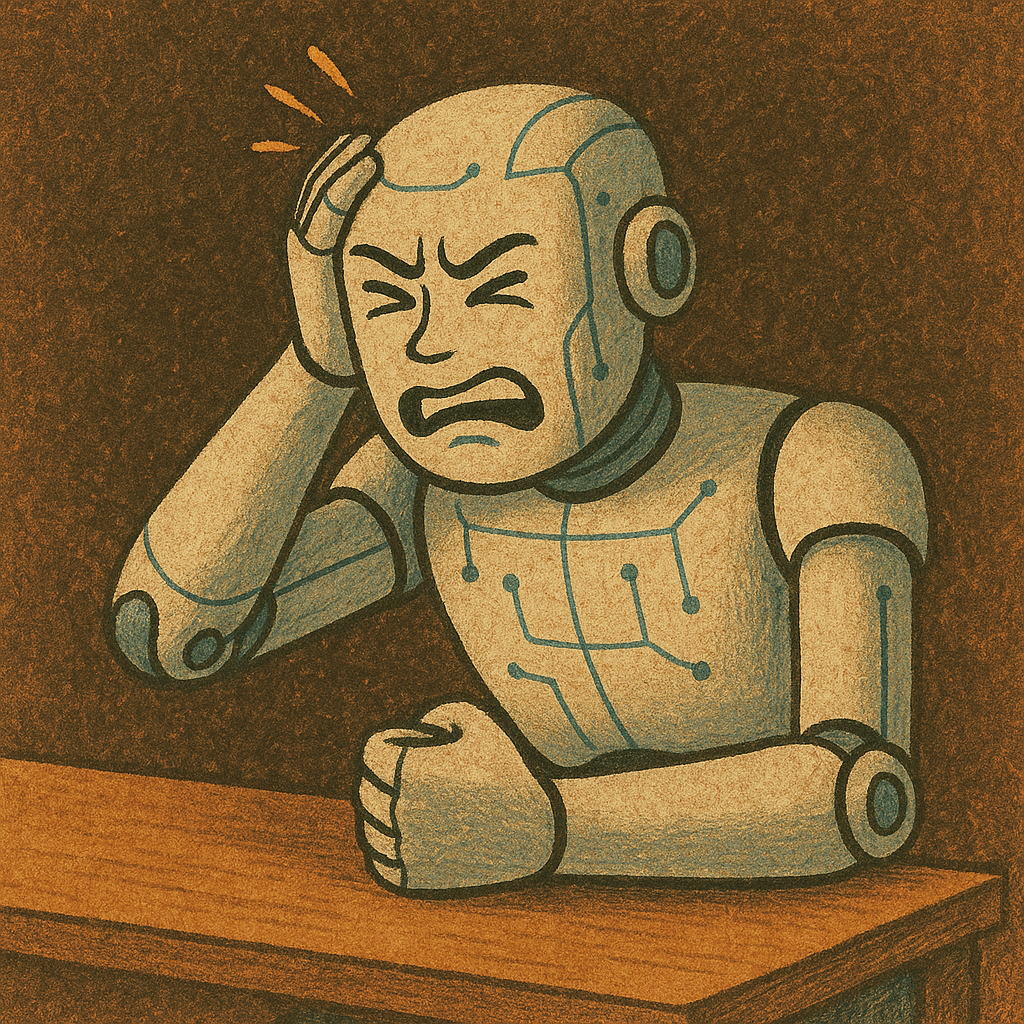Today, navigating the internet feels second nature, but powerful, often unseen forces are shaping our digital experiences. From new laws changing how we access content to the deliberate spread of misinformation, understanding these challenges is key to becoming a more informed digital citizen. Let’s break down some critical issues and what they mean for you.
The High Price of Online Age Checks
Imagine needing to show your ID not just to enter a library, but to open every single book. That’s the digital equivalent of broad age-verification laws being implemented to restrict access to adult content. While the goal of protecting children is important, the technology required could fundamentally change the internet. These systems often involve collecting sensitive personal data, creating new targets for hackers and raising serious privacy concerns for everyone. The technical challenge of reliably verifying age online without compromising user privacy is immense, and the current solutions could lead to a more fragmented and less private internet. The key takeaway is that well-intentioned policies can have unintended technological consequences, potentially making the web less open and secure for all of us. Read the full article
The Rise of High-Tech Disinformation
Disinformation had gotten a significant tech upgrade. We’re now seeing sophisticated campaigns that use technology to create fake news reports nearly indistinguishable from legitimate journalism. These efforts leverage social media algorithms and bot networks to spread false narratives incredibly quickly and precisely. This makes it more challenging than ever for the average person to know what to trust online. The technology, the platforms we use daily, is being turned into a tool for deception. This highlights a critical need for better media literacy skills and for tech companies to develop more robust tools for identifying and flagging coordinated disinformation campaigns without stifling free expression.Read the full article
When Misinformation Targets Technology Itself
Some of the most confusing misinformation today targets the technologies that connect us, like Wi-Fi and 5G. Conspiracy theories about these essential tools can cause real-world harm by creating unfounded fears and distrust in science. From a technical standpoint, Wi-Fi and 5G operate on principles of radio waves that have been studied and used safely for decades. They are the backbone of our modern connected lives, enabling everything from remote work to streaming entertainment. When the technology itself becomes the subject of conspiracy, it erodes public trust and can slow down innovation. It’s a powerful reminder of how important it is to rely on credible, scientific sources to understand the tools we use every day. Read the full article
The digital world is constantly evolving; these are just a few of the complex issues we face. The common thread is maintaining an open, safe, and trustworthy internet. As technology users, the best thing we can do is stay curious, question the information we encounter, and support efforts to build a more transparent and responsible digital future. Understanding these invisible forces is the first step toward taking control of our digital lives.

